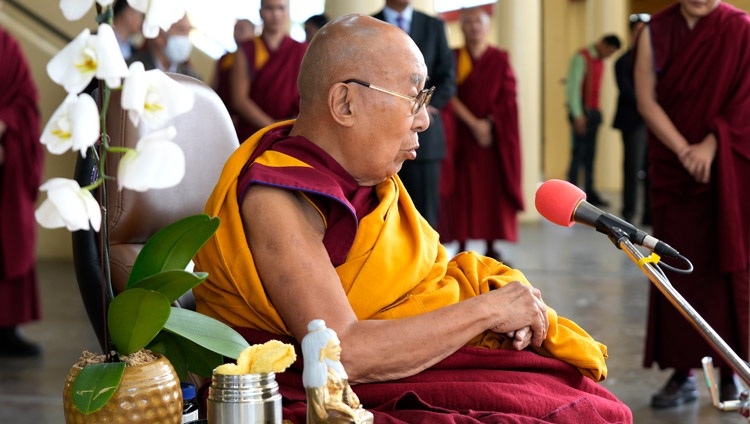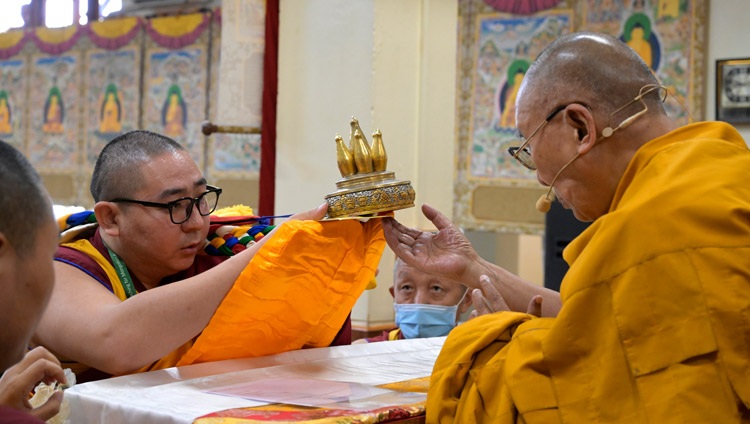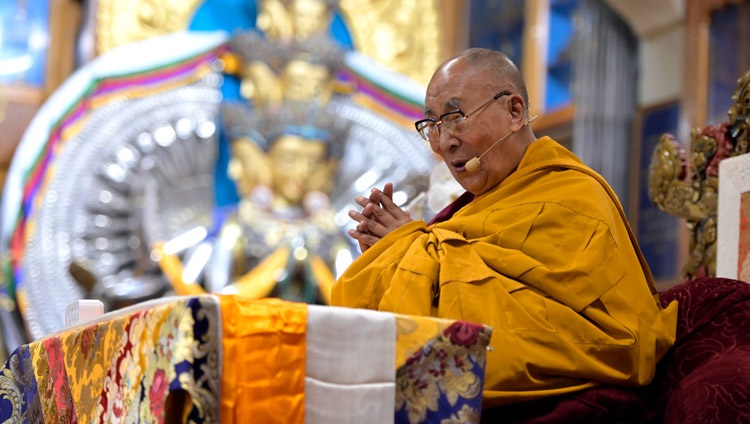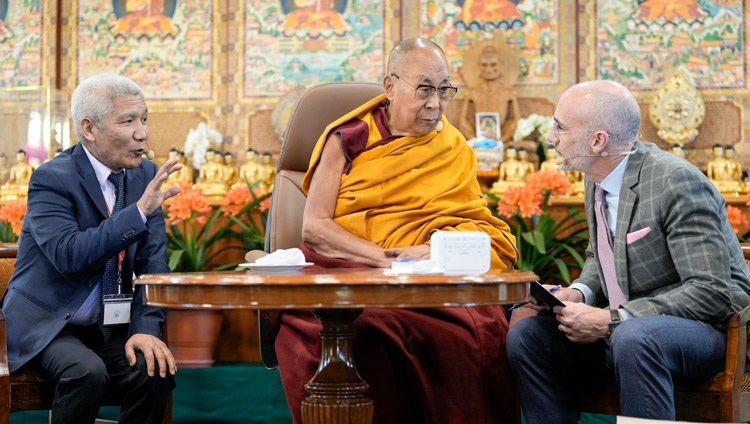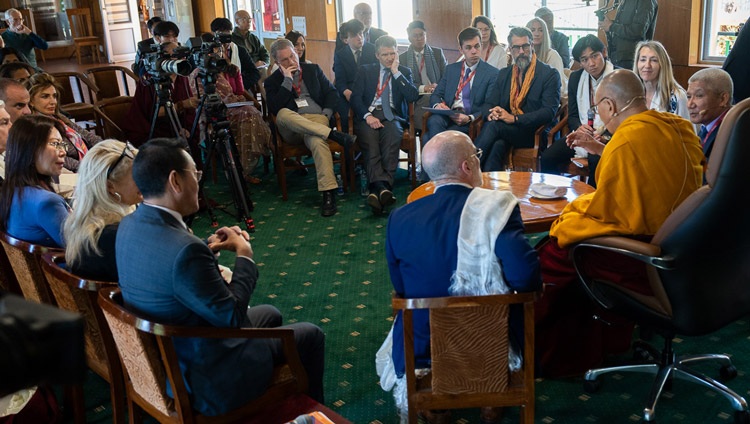Dalai Lama: Probe Tibetan self-immolations
On the eve of China’s once-in-a-decade leadership transition, the exiled Tibetan spiritual leader also urged Japanese parliamentarians to visit Tibet, though such trips are severely restricted, to see that what is happening.
Earlier this month, the United Nations’ most senior human rights official called on China to address frustrations that have led to Tibetans’ desperate protests, including some 60 self-immolations since March 2011.
Eight self-immolations have been reported over the last six days in Tibet including two on Monday. China has long accused the Dalai Lama and his supporters of inspiring and even glorifying such acts, though the Dalai Lama says he opposes all violence.
Since anti-government riots in 2008, access even to traditionally Tibetan areas in provinces neighboring the Tibetan Autonomous Region has been tightly restricted. The vast majority of the self-immolations have taken place in such areas, often near large monastic communities, and authorities have responded with large police presence.
Geopolitical dispute
China maintains that Tibet is an integral part of China and that other countries hosting the Dalai Lama amount to interference in domestic Chinese affairs.
“The Dalai Lama is a political exile who has long engaged in anti-China separatist activities in the guise of religion,” Chinese Foreign Ministry spokesman Hong Lei said.
“The Japanese government has been conniving with the separatist activities of the Dalai Lama and Japanese right-wing forces, which goes against the principle and spirit of China-Japan strategic relations of mutual benefit,” Hong said.
The Dalai Lama’s remarks came at a time when the relationship between the world’s second and third largest economies is strained.
Japan nationalised two disputed islands in the East China Sea, known as the Diaoyu in Chinese and the Senkaku in Japanese, by purchasing them from their private owners in September.
Shinzo Abe, the leader of the conservative opposition Liberal Democratic Party, welcomed the Dalai Lama to the event.
Abe, who served as Japan’s prime minister in 2006-07, could take the helm again after an election expected to be called as early as next month.
China also faces a pending leadership change for the first time in a decade, with leader in-waiting Xi Jinping expected to succeed President Hu Jintao as Communist Party head at a congress in Beijing this month, and then become president in March.
The Dalai Lama on Tuesday also called upon China to follow the example of its late former leader Deng Xiaoping, who is credited with reforms that brought the market economy to the country.
“I always express the leaders should follow Deng Xiaoping’s sort of advice: seeking truth from fact. That’s very, very important,” he said.
The Dalai Lama fled to India following an abortive 1959 uprising against Chinese rule over Tibet. He denies seeking the region’s independence, saying that he wishes Tibetans to enjoy real autonomy and protection of their traditional Buddhist culture.

